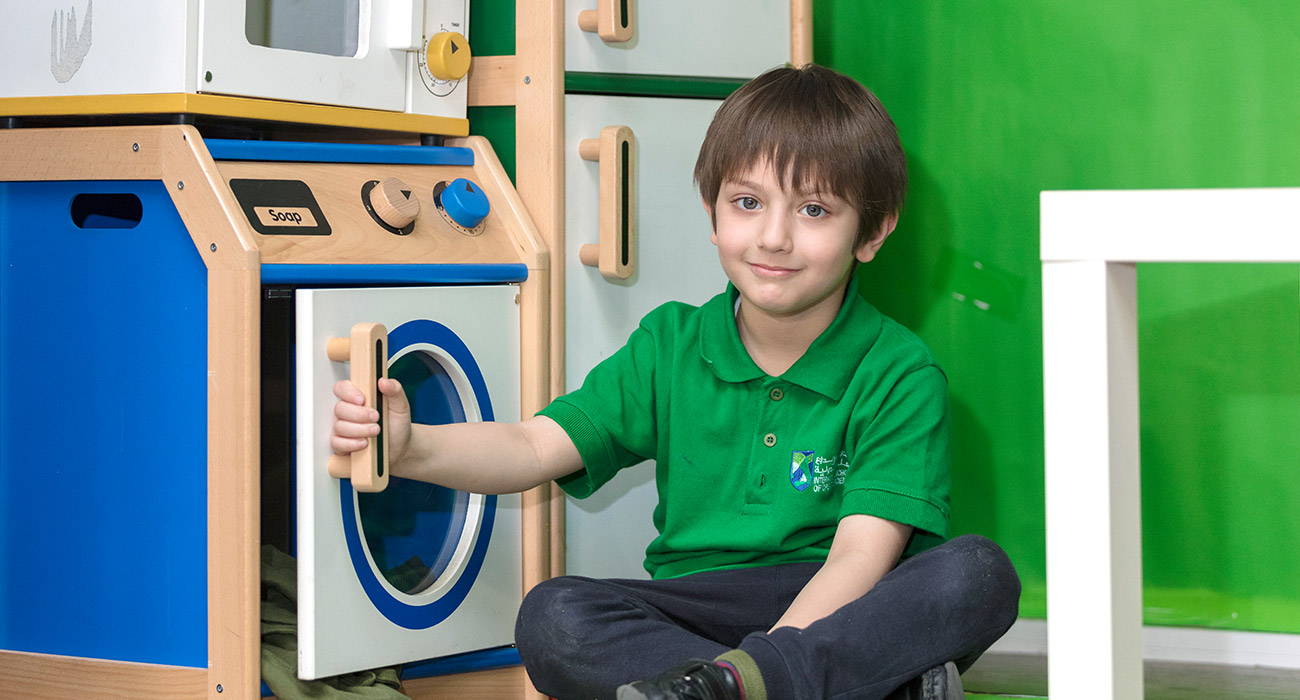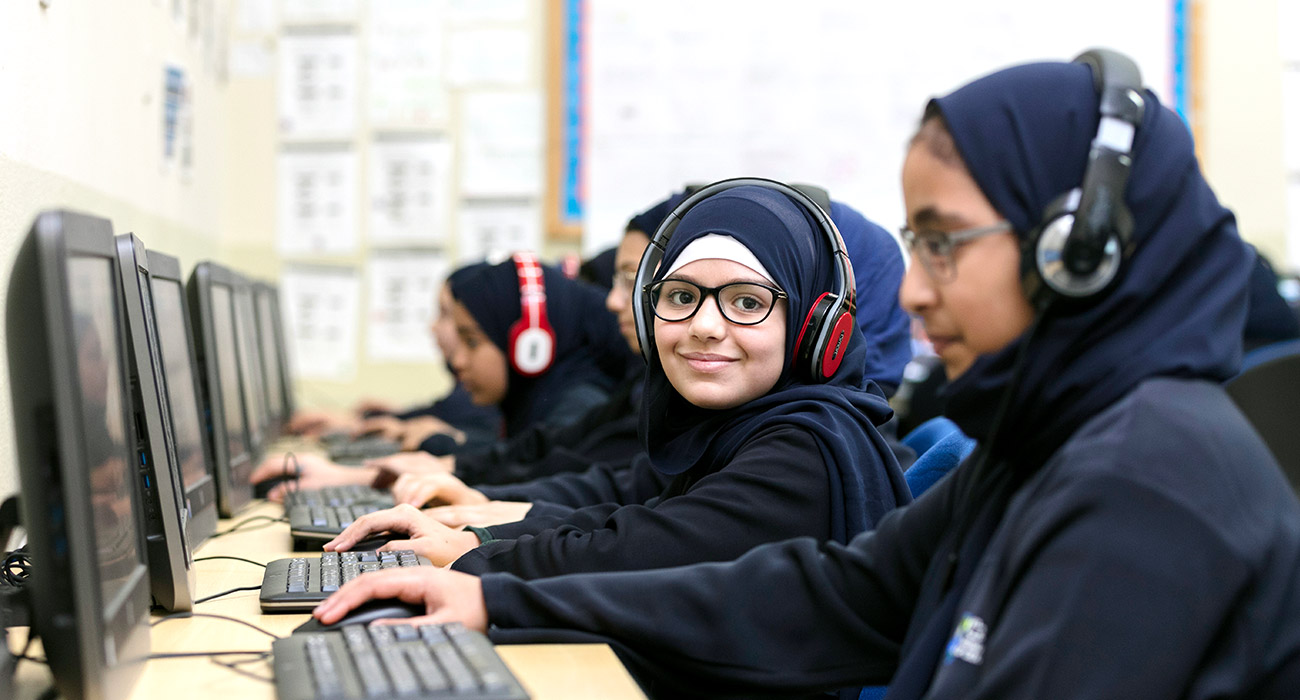
Speak easy: Effective communication between parents and schools

As a leading British curriculum school in Sharjah, the International School of Creative Science – Muwaileh feels it is important to create an environment where our pupils can address their issues freely. That’s why we emphasize the need for open communication between parents and school administrators.
We have established an open communication practice as part of our networking process, as one of the best British curriculum schools in Sharjah.
There are great advantages to increasing communication flows, such as:
- Finding quick solutions to problems
If a child faces academic or social problems, an open communication pathway between the school and parents can lead to quicker identification and resolution. Falling grades, the inability to grasp subjects, and lack of class participation can all be problems caused by multiple factors in a child’s life.
Teacher and parent cooperation can lead to a better understanding of the situation at home and at school. The child can work with their parent and teacher to address the issue so that a solution can be found. If a failing grade in mathematics is caused by the school’s teaching strategy or insufficient follow-up support at home, these factors can be modified as needed.
- Addressing parents’ concerns
The free flow of communication allows parents to address their concerns with their child’s studies and future academic prospects. Parents should feel free to discuss their child’s workload, ask for advice on how to educate the child effectively or how to resolve any social, emotional or behavioural problems their child is currently facing so that they are on the road to being prepared for higher education and joining the workforce.
- Giving students a voice
Allowing students to have the agency to voice their concerns is an important part of their education. They can address their learning needs along with their social, physical and mental health needs through open communication. If the child can see that the parents and school administrators are willing to listen to them, they will be feel safer and more confident. Children should be able to explain their difficulties with a subject or discuss problems at home, which can allow the school and parents to address these issues on the child’s own terms.
- Communicating the school’s expectations
Building a communication network allows parents to understand the school’s perspective and lets them to identify the schools’ expectation in terms of grading criteria, extra-curricular programs, adherence to curriculum, university applications, and disciplinary behavior.
It is important for schools to establish a free flow of communication with all parties. Students, teachers, and parents can work together to incorporate effective communication for greater academic and personal development.









